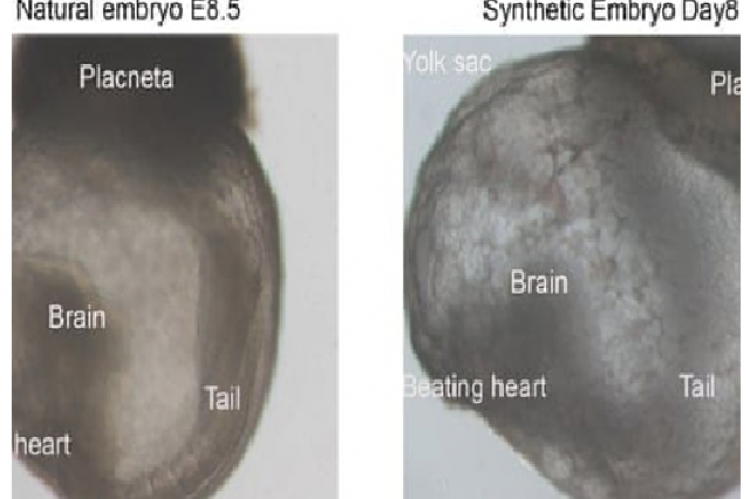Synthetic embryos refer to the artificial creation of early-stage embryonic structures, typically using in vitro methods. Researchers aim to replicate the complex process of early embryonic development in order to better understand the underlying mechanisms and to develop new approaches for fertility treatments, regenerative medicine, and disease modelling. Synthetic embryos have been developed using various techniques, such as stem cell differentiation, 3D printing, and microfluidic systems. Despite the promising results, there are still significant scientific and ethical challenges that need to be addressed before the widespread application of synthetic embryos becomes a reality. This abstract provides an overview of the current state of the field and highlights the potential benefits and limitations of synthetic embryos.
View:
- PDF (351.92 KB)


